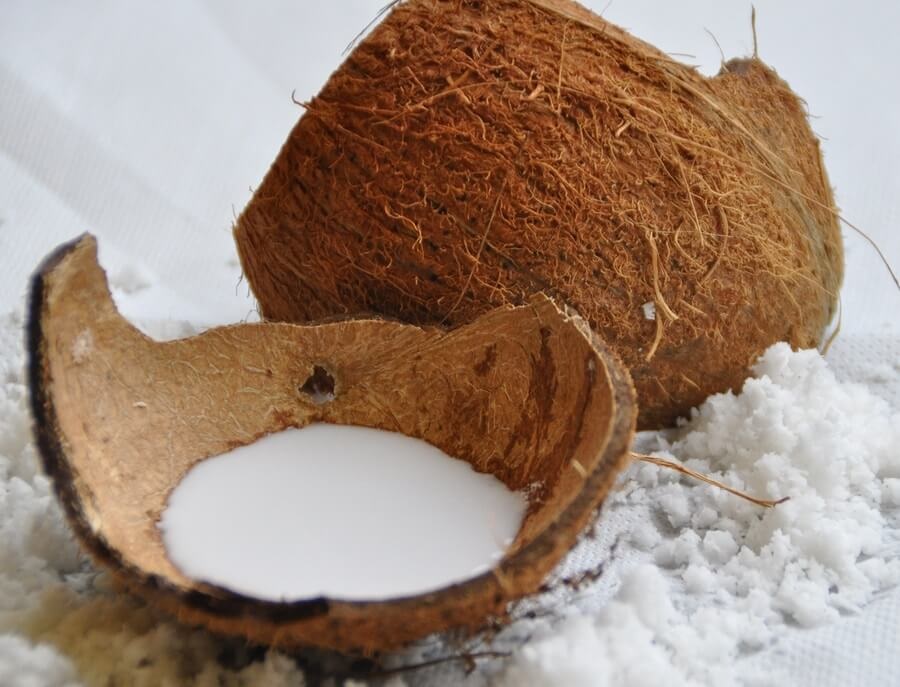

Coconut milk is gluten-, soy-, nut-, and cholesterol-free, low in carbohydrates, and is a good source of vitamins D and B12. It contains the same amount of saturated fat as whole cow’s milk. However, it is not a good source of calcium or protein.
Coconut milk is creamy and sweet with a noticeable coconut flavor when had on its own. It is a good substitute for milk in savory dishes, desserts, and smoothies.

It can be matched cup for cup to cow’s milk in recipes. Although it can be used in savory dishes, it works best for baking. The taste of almond milk is quite different from cow’s milk, so it might take some getting used to when consumed on its own. It can also be used on cereal and in smoothies.

Rice milk is not a good alternative to cow’s milk when baking or cooking, since its watery texture usually needs something to bind it together.

Hemp milk can be used as a dairy substitute when baking or cooking, especially in grainy recipes like muffins and breads.

Since soy beans are one of the most genetically modified foods on the market, look for organic and non-gmo labeled brands. Soy milk, especially flavored varieties, can also be high in sugar, so always read the label to determine the sugar content in a particular brand. Additionally, soy can trigger allergies, so avoid this product if anyone in your family has a known sensitivity.

Some varieties may contain soy, so make sure to read the label if you or someone in your family has a soy allergy. Also, it is not recommended for people with gluten allergies.





